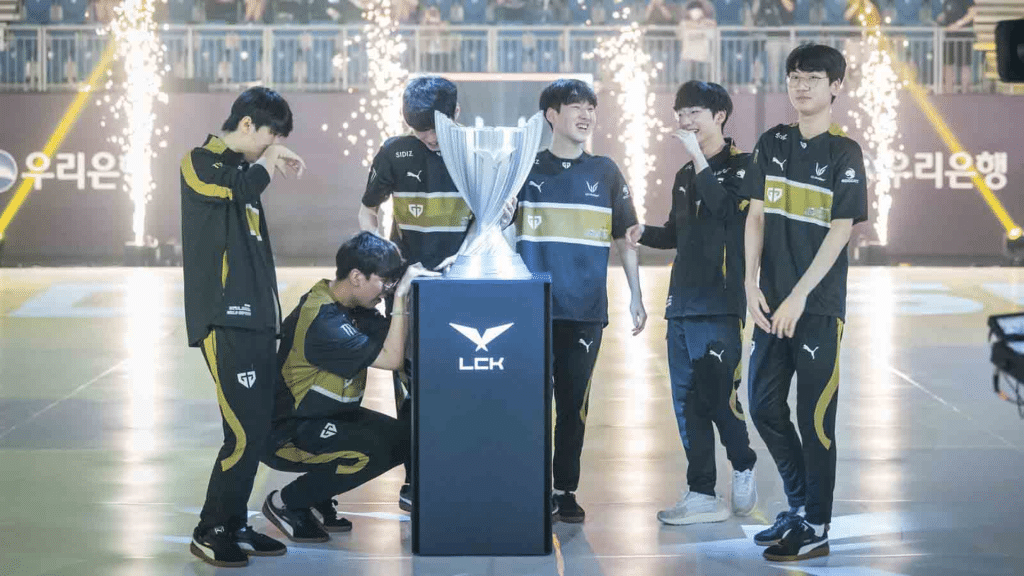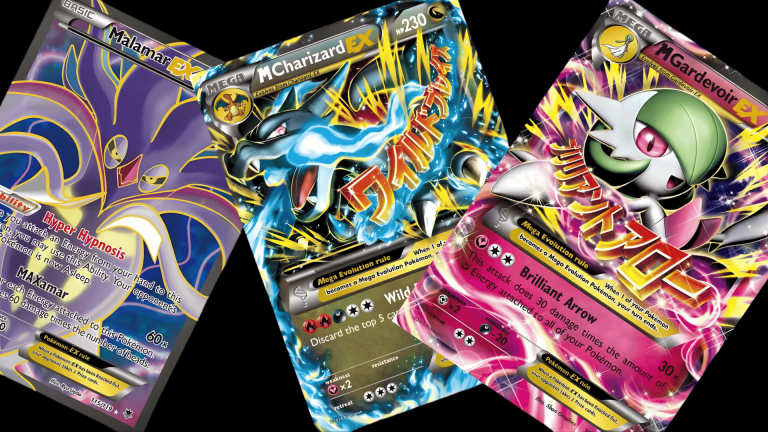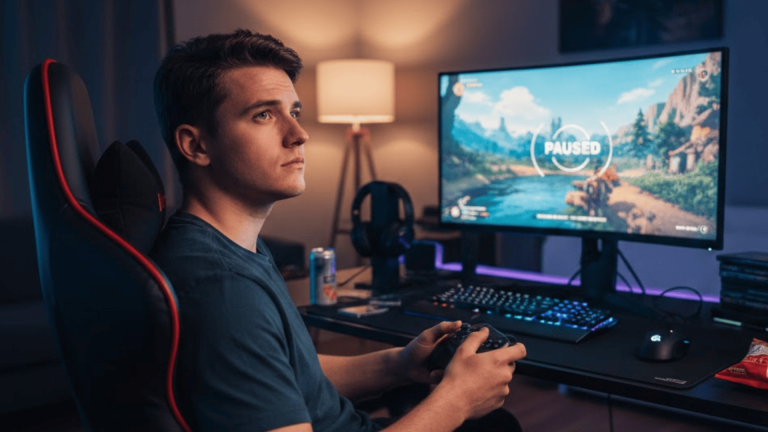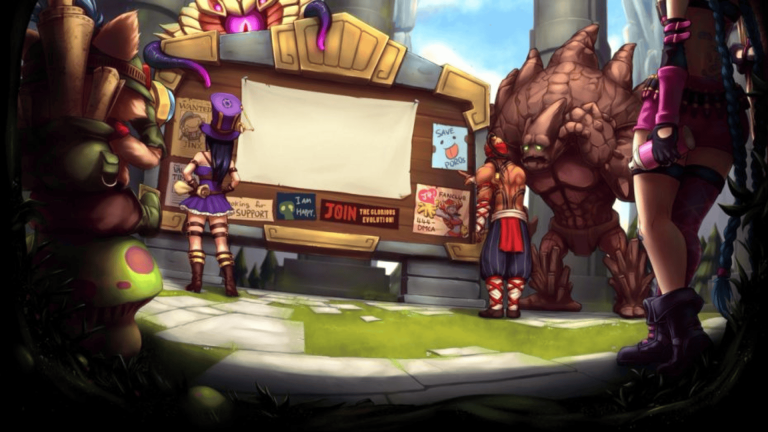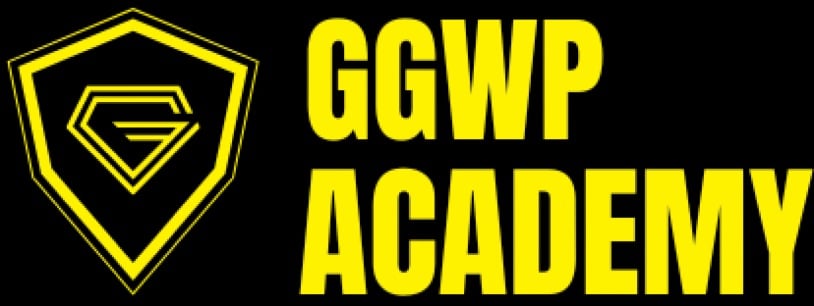I remember the first time I watched Gen.G play on stream. I kept asking myself, “Wait, are they a Korean team or do they play in China?”
If you’ve ever typed the same question into Google, you’re not alone. It can be confusing with so many regions, tournaments, and roster moves in the Pro League of Legends.
In this guide, I’ll clear that up for you.
I’ll walk through Gen.G’s region, their history, how they started, their big wins in the LCK, and how they’ve done at international tournaments. I’ll also touch on key players like Chovy, who made a big mark on the team.
By the end, you’ll know exactly where Gen.G belongs, what they’ve achieved, and why people often wonder about their region.
Team Region and Identity
Gen.G is a South Korean team. They compete in the LCK (League of Legends Champions Korea). That’s the top pro league in South Korea.
They are not part of the LPL (League of Legends Pro League), which is the Chinese league.
The organization was first formed in 2017. Back then, it was called KSV eSports. In 2018, the team rebranded to Gen.G, which is short for Generation Gaming.
Their headquarters are in Seoul, South Korea, though they also have connections in the United States.
So to keep it simple:
- Gen.G = LCK team
- LCK = South Korean league
- LPL = Chinese league
If you ever see someone mixing that up, you can now say with confidence that Gen.G belongs in Korea’s LCK.
Historical Journey and Evolution
Gen.G’s history dates back to late 2017. That year, they acquired Samsung Galaxy’s roster. Samsung Galaxy had just shocked the world by winning the 2017 World Championship against SK Telecom T1.
After that, the roster moved under KSV eSports, which soon became Gen.G.
This is a quick timeline of how things played out:
- 2017: Acquired Samsung Galaxy roster.
- 2018: Official rebrand to Gen.G. Entered the LCK under their new name.
- 2018–2021: Competed in the LCK but faced ups and downs. Often strong, but not always at the top.
- 2022: Major breakthrough with their first LCK title as Gen.G.
- 2023–2025: Became one of the most dominant teams in LCK history.
This growth shows how they went from inheriting a world champion roster to carving out their own legacy.
Domestic Achievements in the LCK
If you only follow international tournaments, you might have missed how strong Gen.G has become at home. The LCK is one of the toughest leagues in the world, and Gen.G has risen to the top.
Their biggest domestic wins include:
- 2022 Summer: Won their first LCK title, defeating T1.
- 2023 Spring and Summer: Secured back-to-back titles.
- 2024 Spring: Made history by winning their fourth straight LCK title.
- 2025: Broke records with a 27-game winning streak, beating T1’s old record.
That kind of dominance doesn’t come easy. It demonstrates Gen. G’s consistent performance in Korea. Whenever you hear debates about the strongest LCK team right now, Gen.G is at the top of the conversation.
International Performance
People often measure a team’s greatness by what they do on the world stage. Gen.G has had ups and downs internationally, but their recent run has been outstanding.
These are the highlights of their international performances:
- Worlds 2022: Reached the semifinals.
- Worlds 2023: Finished in the top 8.
- Worlds 2024: Once again made it to the semifinals.
- MSI 2024: Beat LPL’s Bilibili Gaming in the final, becoming the first non-LPL team in years to win MSI.
- MSI 2025: Defended their title by defeating T1 in the final, making them back-to-back MSI champions.
- Esports World Cup 2025: Won the championship, defeating LPL’s AG.AL.
This streak proves that Gen.G isn’t just a domestic giant. They’ve broken through the LPL dominance at MSI and added international trophies to their case.
Player Highlights and Roster Evolution
A big reason for Gen.G’s success has been its roster. Over the years, they’ve gone through changes, but a few names stand out.
Chovy joined in 2022 and quickly became the face of the team. He’s known for his sharp laning and consistency. With Gen.G, he’s collected multiple LCK titles, two MSI championships, and even earned the 2025 MSI Finals MVP.
Canyon came in to replace Peanut. His jungle control has been key to how Gen.G sets the pace of their games.
Lehends added a creative edge to the team when he joined as support. His unique playstyle helped shape Gen.G’s drafts.
Other notable players include Peanut, Doran, and Ruler, who were central to Gen.G’s earlier years before moving on.
Gen.G has built a strong mix of veterans and rising stars. Their ability to refresh the roster while staying at the top is one of the main reasons they’ve stayed competitive.
Myths Clarified
One of the most common mix-ups is people thinking Gen.G might be in the LPL. That’s not true. Gen.G is an LCK team from South Korea and has always competed in that league.
The confusion often arises from the frequency with which they face LPL teams in international tournaments. Since finals and semifinals regularly feature LCK versus LPL matchups, it’s easy for casual viewers to get mixed up.
Another myth is that Korean teams can’t keep up with the LPL on the world stage anymore. Gen.G has proved otherwise.
With back-to-back MSI titles and an Esports World Cup victory, they’ve shown Korea is still producing champions.
Conclusion
So, is Gen.G in LCK or LPL? Now you know the answer. Gen.G is an LCK team from South Korea. They’ve built their legacy in Korea’s league and backed it up with big international wins.
We examined their history, their rise in the LCK, their success against rivals, and the key players who have defined their story. When you hear debates about LCK versus LPL strength, Gen.G is often at the center.
If you’re curious about how another Korean giant measures up, check out my guide on T1 vs LPL: All-Time Match History, Wins, Losses, Stats.
For more context on the league itself, you can also read LCK Explained: Korea’s Pro League of Legends Scene.
If your search intent was to figure out where this team plays and what they’ve achieved, this guide should clear that up. You now have the full picture to make sense of Gen.G’s place in the pro League of Legends.


